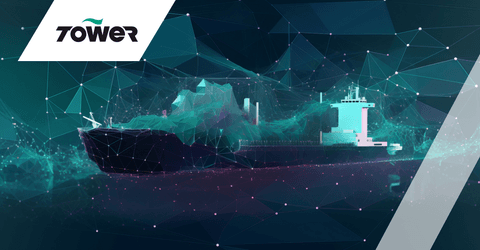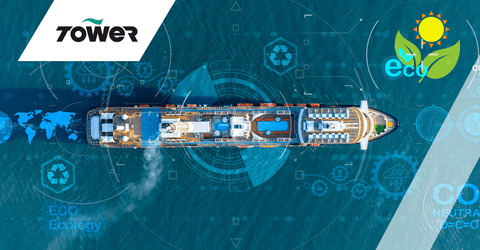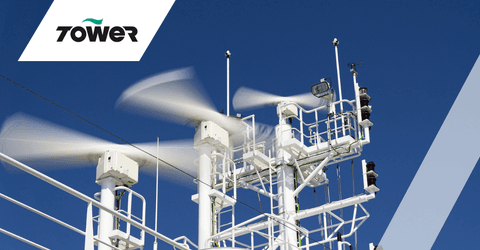
The marine industry plays a vital role in global trade and transportation. To keep up with this demand, the industry must find innovative ways to improve efficiency and prioritise safety. With increasing pressure to meet these challenges, the need for innovation has become more urgent than ever and new marine PPE and safety equipment won’t be far behind.
But what are the biggest innovations in the marine industry?

The use of artificial intelligence within the marine and shipping industry may surprise you. One of the most promising applications is through route optimisation. AI can be essential in helping ships navigate the most efficient and cost-effective routes. This is particularly important in the face of rising fuel costs, as optimised routes can reduce fuel consumption and transportation costs.
Improved communication in the marine industry allows marine professionals to track vessel movement and optimise operations. This improved communication has made remote control of objects such as autonomous vessels and underwater robots (ROVs) increasingly popular.
Specialised remote devices can be equipped with cameras and sensors for ocean floor exploration, pipeline inspection, and oil spill clean-ups. By using autonomous vessels or ROVs, the reduced risks associated with diving are minimalised as you only need to use specialised divers where necessary.

Transitioning to low-carbon renewable energy and using sustainable building materials is crucial for the decarbonisation of the maritime industry. New technologies are emerging that can help reduce emissions and improve efficiency. With sustainability at the forefront of everyone’s minds, taking advantage of these innovations is not simply an advantage, but a necessity.
One of the leading sustainable innovations in the marine industry is hydrogen-powered ships that emit only water as a by-product. Compared to traditional marine fuels such as heavy fuel oil (HFO), the emissions of hydrogen-powered ships are far gentler on the environment. Biofuels derived from organic materials like agricultural waste or algae are also gaining traction as a replacement for traditional fossil fuels.
Sensor technology has become increasingly prevalent in the marine industry, allowing operators to monitor and track machinery functions in real time. By installing sensors on critical components of ships, operators can detect changes in temperature, pressure, and other factors that can indicate potential issues. These sensors can also send automated alerts for maintenance, allowing operators to address issues before they become more significant problems. This proactive approach to maintenance can help reduce downtime and increase efficiency in the industry.

Robotics are transforming the marine and shipping industry by automating tasks to reduce labour costs and increase efficiency. Automated cranes and cargo-handling equipment can perform some tasks more efficiently than human labour, and using robotic innovations can reduce the risk of injury.
Autonomous drones are also increasingly being used to deliver supplies and equipment to offshore vessels. These drones can navigate harsh weather conditions and difficult terrain, reducing the need for personnel to access these areas, which also increases safety.
The marine and shipping industry will continue to develop new innovative practices. We understand that new safety clothing and equipment won’t be far behind. By harnessing decades of experience, you can be sure that our subject matter experts will be able to advise you on what marine PPE you require. To find out more call me on 01202 718000 and I'll get back to you.
